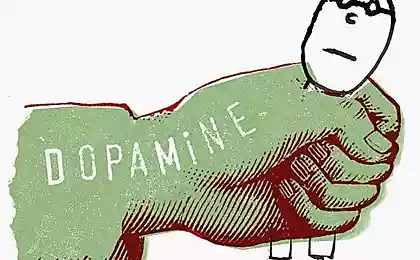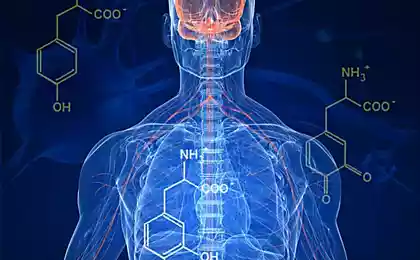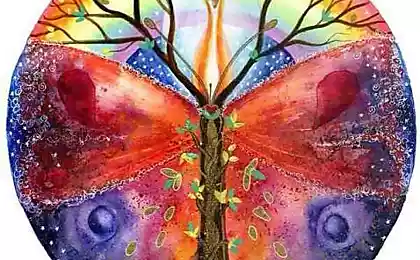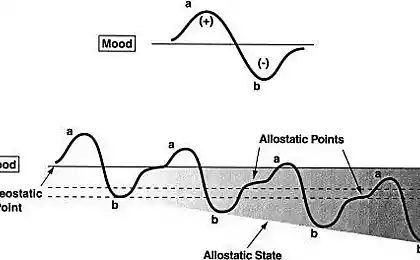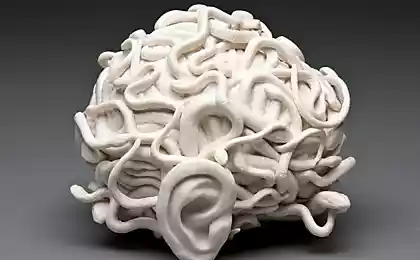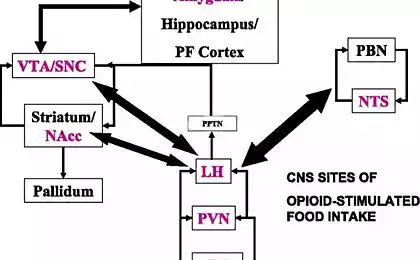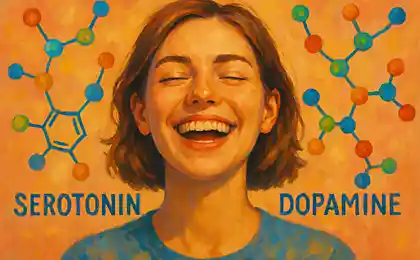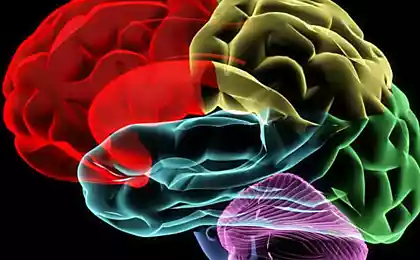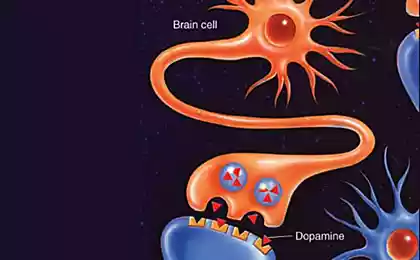155
Why do I always miss everything? The Age of Consumption or the Ingrained Principle

The eternal sense of scarcity haunts modern man like a shadow. But the roots of this phenomenon go much deeper than advertising appeals and consumer culture.
Biological roots of eternal dissatisfaction
Imagine our ancestors roaming the savannah 50,000 years ago. Those who were content with finding berries and did not seek new sources of food were less likely to survive than those who were constantly striving for more. Evolution has literally built a perpetual search into us, and today this ancient instinct works against us.
Neuroscientists have discovered a surprising fact: dopamine, a neurotransmitter we associate with pleasure, is actually activated not when you get what you want, but when you wait for it. This means that The anticipation of buying brings more joy than the purchase itself..
Dr. Robert Sapolsky of Stanford University in his research showed that the maximum release of dopamine occurs with a 50% probability of receiving a reward. This is why gambling and spontaneous shopping are so addictive – our brains get a chemical high from uncertainty.
The hedonistic treadmill: why happiness slips away

Psychologists call this phenomenon “hedonic adaptation.” Buying a new smartphone, we experience a rush of joy, but in a few weeks it becomes commonplace. A study by Nobel laureate Daniel Kahneman found that people who won the lottery after a year were no happier than those who did not win.
“We constantly overestimate how happy future acquisitions will make us, and underestimate how quickly we get used to them.” – Dan Gilbert, Harvard University psychologist
This mechanism makes evolutionary sense: if our ancestors were satisfied with what they have achieved, they would cease to develop. But in today's world of plenty, this system fails. We get stuck in a vicious circle: we want, we get used to, we want more.
Social media as a catalyst for dissatisfaction
Instagram and TikTok have turned comparing with others into a daily ritual. We see carefully selected moments from other people’s lives and compare them to our unvarnished reality. The result is predictable: According to a study by the American Psychological Association, people who spend more than 2 hours a day on social media are 70% more likely to experience symptoms of depression.
Consumer culture: how marketers exploit our weaknesses
Modern advertising is not just product information. It is a carefully constructed system of influence on our ancient instincts. Marketers study the neurobiology of desire and use this knowledge to create artificial scarcity.
Techniques for creating artificial deficits:
• Limited offers ("Today only")
• Social proof (1,000 people have already bought)
• Anchoring prices (first show expensive goods)
FOMO marketing (fear of missing out)

Apple masterfully uses these principles. Their presentations make it feel like without a new iPhone, you’ll be a thing of the past. And limited colors and models artificially create a scarcity even for the mass product.
Practical strategies for breaking free from the cycle are “always small”
The 24 Hours Rule Technique
Before any unplanned purchase over $50, pause for a day. In 80% of cases, the desire to buy will disappear. This is because the dopamine surge from anticipation fades naturally.
Practicing gratitude
Each morning, write down 3 things you are grateful for. Studies show that this simple habit increases happiness by 25% after a month of practice.
Digital detox
Install apps that limit social media time to 30 minutes a day. Replace aimless scrolling with reading books or walking.
The philosophy of sufficiency
The ancient Stoics developed a concept that is more relevant today than ever. Epicurus taught us to distinguish between necessary and empty desires. Necessary desires are limited and attainable, empty desires are infinite and insatiable.
“He who has little is not poor, but he who wants more.” Seneca.
Minimalism as an antidote
Minimalism is not the rejection of everything, but the conscious choice of the important. A University of California study found that people living in less cluttered spaces have lower levels of cortisol (the stress hormone) and are better concentrated.
One thing goes in, one goes out: When buying a new item, get rid of the old one. This prevents the accumulation of unnecessary things and makes you consciously approach shopping.
Rethinking Success and Happiness
The Harvard Happiness Study, which has been going on for 80 years, has clearly shown that the quality of relationships, not material well-being, determines the level of life satisfaction. People with strong social ties live longer, get sick less often and feel happier.
Instead of pursuing new purchases, invest in:
• Relationships with loved ones
• Personal growth and education
• Health and physical activity
• Creativity and expression
• Helping other people
Conscious consumption practices
Before every purchase, ask yourself, “What am I really trying to buy?” Status? Approval? Emotions? Often, the desire to buy hides an attempt to fill an emotional void that things cannot fill.
Conclusion: The Path to Internal Sufficiency
The feeling of “always little” is not a lack of character, but the result of the interaction of ancient instincts with modern consumer culture. Understanding these mechanisms is the first step towards liberation.
True wealth is not to have much, but to need little. This is not a call to asceticism, but an invitation to awareness. In a world that constantly whispers “you need more,” it becomes courage to say “I have enough.”
Start small: Just notice what you already have. Tomorrow, pause before making an impulsive purchase. The day after tomorrow, spend an hour without your phone. Step by step you will find something that no money can buy: inner peace and true life satisfaction.
Glossary of terms
dopamine A neurotransmitter responsible for motivation and anticipation of rewards. Contrary to popular belief, it is produced not at the time of receiving pleasure, but in the process of waiting for it.
Hedonistic adaptation A psychological phenomenon in which people quickly get used to positive changes in life, returning to their previous level of happiness.
FOMO (Fear of Missing Out) Fear of missing something, a psychological state in which a person is afraid to miss important events or opportunities.
anchoring Cognitive bias in which people rely too much on first-hand information when making decisions.
cortisol Stress hormone produced by the adrenal glands in response to stressful situations. Chronically elevated cortisol levels negatively affect health.
Stoicism A school of philosophy that teaches us to accept what cannot be changed and to actively influence what is in our power.
Passive-aggressive people: 10 signs
9 Reasons Why Working Outside the Office Seems Easy and Why It’s Not
